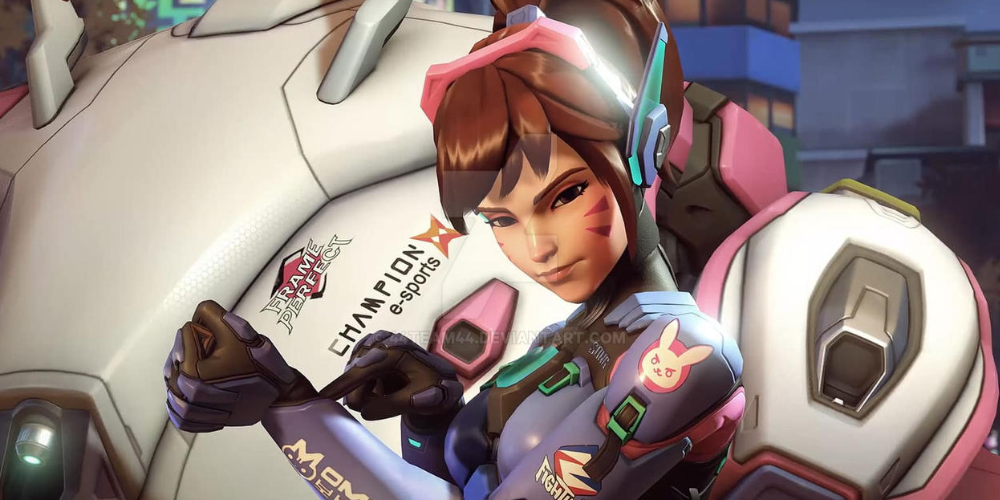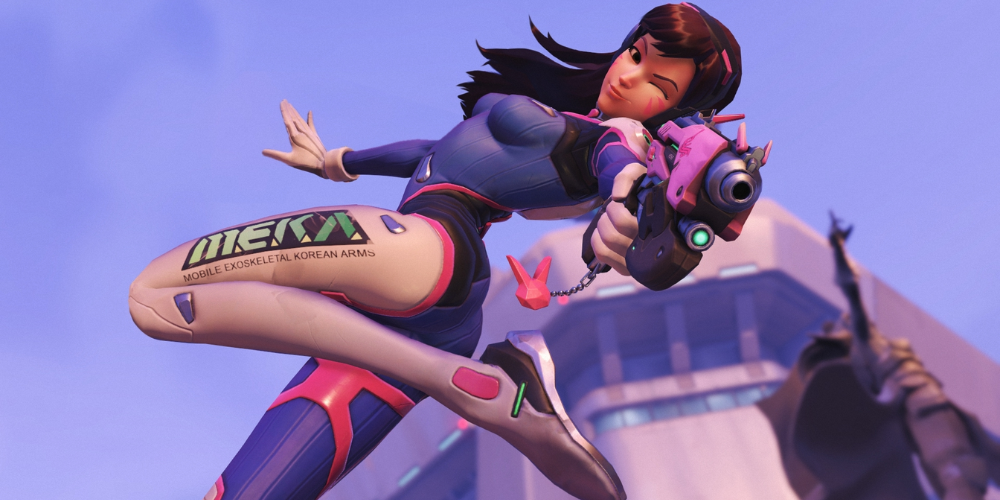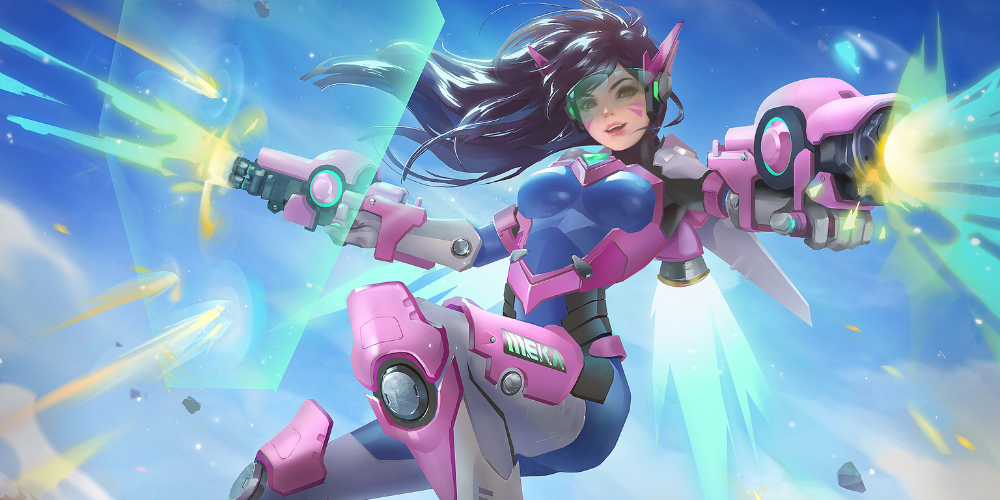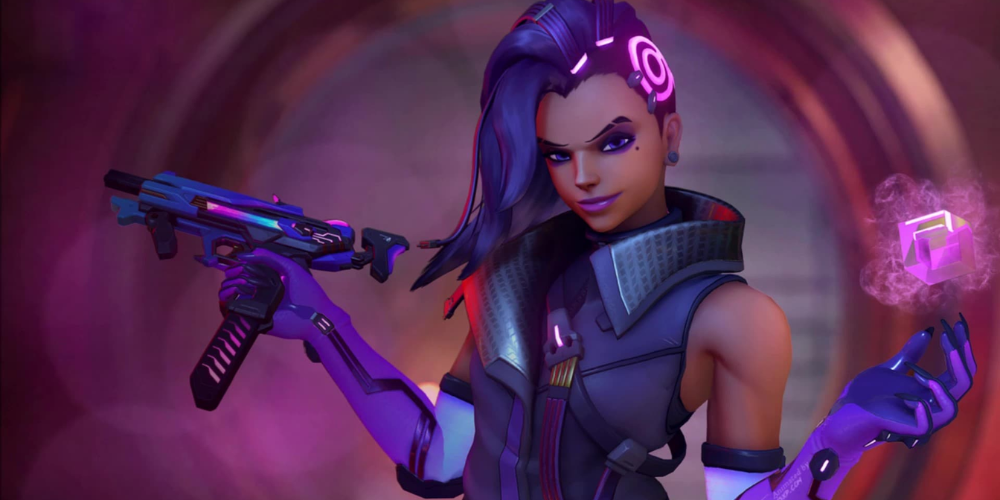
The Importance of Team Composition
Understanding team composition is crucial in Overwatch. A balanced team with a mix of roles—damage, tank, and support—increases the chances of success. Each character has unique abilities that contribute to the team's overall performance. For instance, tanks hold the line, healers sustain the team, and damage heroes eliminate threats. Picking heroes that complement each other can create synergies, magnifying each hero’s strengths and mitigating their weaknesses.
It’s essential to adapt to the ongoing match. If the team is consistently outmatched in a certain aspect, consider switching heroes. Being rigid about hero choice when circumstances demand flexibility can lead to defeat. Effective teams gauge their performance and reorganize their setup based on current needs.
Communicating Effectively
Communication is the backbone of successful team play in Overwatch. Teams that communicate effectively have significant advantages. Utilize the in-game voice communication to pinpoint enemy locations, strategize with your team, and orchestrate joint assaults. It’s important to keep communication clear and to the point. Cluttered or irrelevant chatter can be distracting.
In addition to voice chat, use the in-game text chat and ping system to send quick messages and alerts. Emphasizing crucial information, such as the status of ultimate abilities, can be a game-changer. Clear communication helps in making informed decisions swiftly, which is often the line between victory and defeat.

Mastering Map Knowledge
Knowledge of each map in Overwatch can significantly improve your team’s performance. Each map has unique layouts and features that can be used to your advantage. Knowing the locations of health packs, choke points, flanking routes, and high ground can give your team the upper hand.
Effective teams also adapt their strategies based on the specific map. For example, some maps are more suitable for snipers while others favor close-combat scenarios. Teams that strategize their compositions based on the map’s characteristics often control the flow of the game more effectively.
Role Fulfillment and Flexibility
Every player in a team has roles that they need to fulfill. Tanks should focus on protecting teammates and controlling space. Damage heroes need to secure kills and create pressure, while supports should ensure their team remains healthy. However, rigidity in roles can be detrimental. Flexibility is key.
Switching roles might be necessary to counter the enemy's strategy or to adapt to the unfolding match dynamics. Players who can switch roles effectively as per the game's demands are invaluable. Understanding multiple heroes across different roles can significantly boost a team’s adaptability and effectiveness.

Ultimate Coordination
Ultimate abilities are game-changers in Overwatch. Coordinating these abilities with your team can lead to highly effective plays. For instance, combining Zarya’s Graviton Surge with Hanzo’s Dragonstrike can decimate an entire team if executed well.
Planning and communication are essential for successful ultimate coordination. Teams should discuss their strategy for using ultimates before engaging the enemy and adjust based on the availability and necessity during the match. Mismanaged ultimates can easily turn a potential victory into a loss.
Adapting to the Enemy’s Strategy
One of the keys to successful team play in Overwatch is adaptation. Observing and responding to the enemy’s strategy throughout the game can provide your team with a competitive edge. For instance, if the enemy team is heavily shielded, switching to heroes that can bypass or break shields can be effective.
It’s also crucial to prevent being predictable. If your team uses the same strategy repeatedly, the enemy might adapt to counter it effectively. Therefore, being unpredictable and versatile in your strategies can keep your opponents off-balance and under pressure.

Team Positioning
Good team positioning can provide tactical advantages over the enemy. Positioning should be based on the roles and strengths of your heroes as well as the map layout. For example, high ground offers better sightlines for damage heroes, while enclosed areas can benefit tanks and close-range fighters.
Team members should also stay within support range to protect each other and make enemy attacks less effective. Scattered teams are easier to pick off by opponents. Hence, maintaining an optimal formation can be critical to survival and success.
Learning From Defeat
Losses are inevitable, but they are also learning opportunities. Analyzing the failures in a game can offer understanding into ways the team might enhance their performance. Overwatch gives its players the opportunity to view game replays, serving as a beneficial resource for progress.
Analyze key moments where the match swung in favor of the enemy and discuss what could have been done differently. This not only helps in refining strategies but also aids in avoiding similar mistakes in future games.

Staying Updated With Game Changes
Overwatch is a dynamic game with frequent updates that can change the effectiveness of heroes, alter map layouts, and adjust the overall game balance. Staying updated with these changes is crucial.
Reading patch notes, watching videos from experienced players, and participating in community discussions can help you understand the impact of updates. Adapting to these changes faster than your opponents can give your team a considerable advantage.
Encouraging Team Morale
Lastly, the morale of the team often determines its performance. Encouraging your teammates, celebrating successful plays, and maintaining a positive attitude can boost team spirit and performance.
Conversely, negative behavior such as blaming teammates for losses can deteriorate team cohesion and affect performance adversely. Staying positive and productive, particularly in challenging periods, can enhance team interactions and boost outcomes.